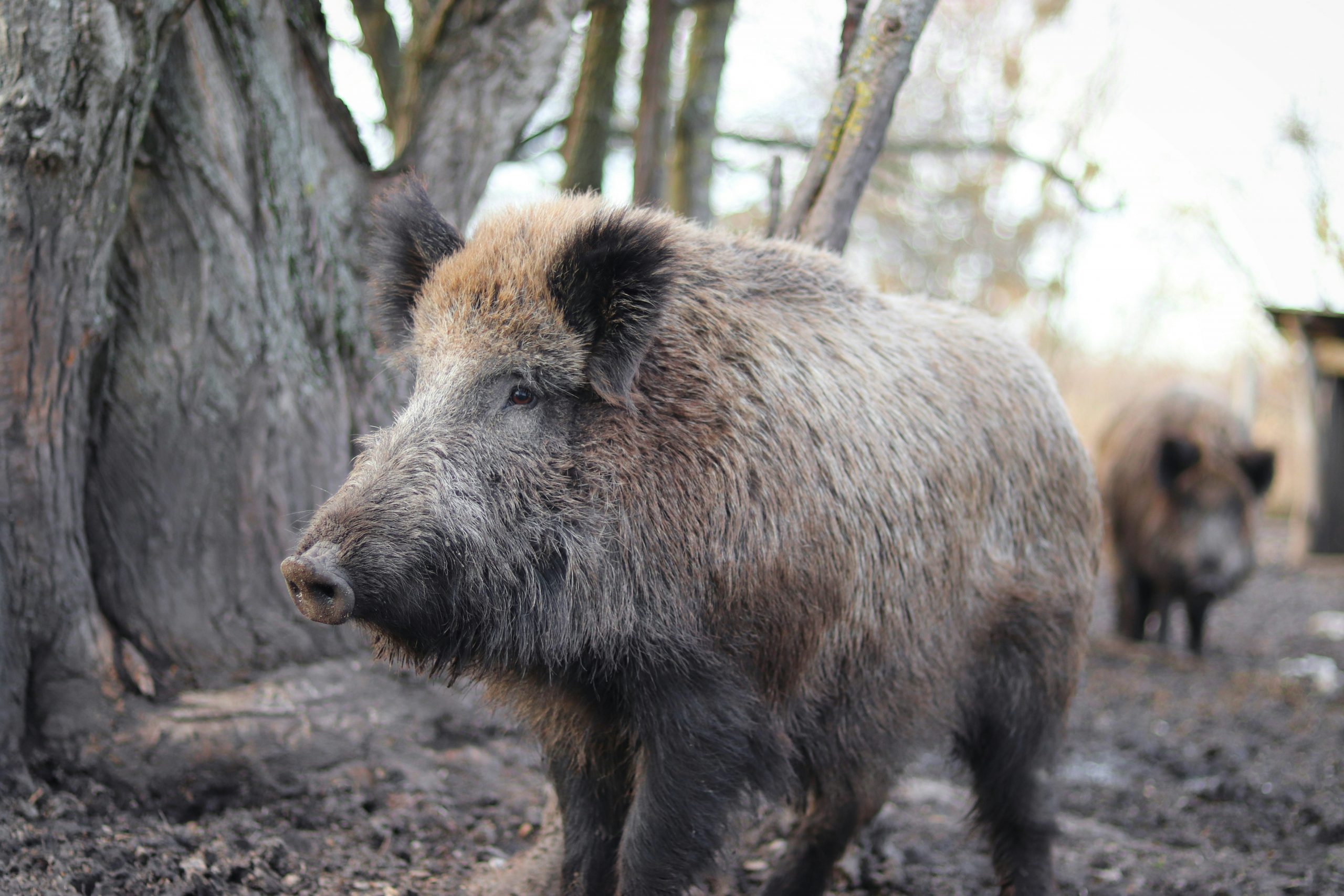African swine fever ASF is a highly contagious disease that is caused by a virus of the family Asfarviridae, genus Asfivirus. There are strains that can cause acute or hyper-acute symptoms with levels of mortality and morbidity close to 100%, although other strains present with sub-acute or even chronic clinical symptoms with lower mortality. It causes hemorrhagic lesions on the skin and internal organs due to vascular endothelial lesions.
Moreover, when ASF is notified on a pig farm, all pigs have to be slaughtered and strict sanitary measures have to be put in place. All these actions lead to direct and indirect economic losses and social consequences. That is why, given the seriousness of the problem, Magapor shows support for the affected regions.
During the last decade, ASF has spread along Eastern Europe. In the beginning, the disease spread along the Caucasus region and then, northward reaching the Russian Federation, Ukraine and Belarus. In 2014, four European Union countries became infected namely Estonia, Latvia, Poland and Lithuania. Since then, ASF has been notified in Moldova, Czech Republic, Romania, Hungary, and Bulgaria. Furthermore, China reported the presence of the disease in August-2018, up to now with more than 90,000 culled animals. Besides, Belgium has notified some cases in wild boars just 14 kilometers away from France.
Therefore, the epidemiological situation of ASF could be classified as a serious threat to the swine industry all over the world, and to combat it, Magapor recommends following the biosecurity measures established by the European Union. In following entries, we will list some of these measures.
For further information, see our source (this interesting pig333´s article).
https://www.pig333.com/articles/asf-the-biggest-threat-to-the-world%E2%80%99s-swine-industry_14135/




